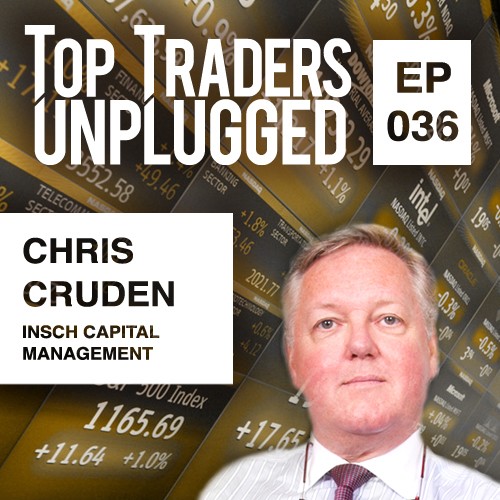Part I Hedge Fund Due Diligence Insider Trading
Post on: 10 Май, 2015 No Comment

Nov 18 2009 | 6:46am ET
By Jeffrey Rathgeber — In our travels weve come across this belief a few times, although much more so recently: Its very hard for a diligence team to get to first base when it comes to examining a hedge fund manager for possible insider trading.
Thats simply not true, and heres how its done. Dont waste time asking a fund manager if they do it and dont even ask if they have proper controls in place to ensure that inside information is not abused. In the world of due diligence, asking without testing achieves very little. Instead, ask the fund manager if they will accompany you to the office of their fund administrator where you will ask for a handful of daily P&Ls from 1 to 2 years ago. The granularity of the data should reach the portfolio level and you should make it clear that you require copies of nothing and the data never leaves the administrators office. If the fund manager wants you to sign a non-disclosure agreement, go ahead. Give them no reason to say no. The key here, like most diligence work, is to structure the question/test/request in such a way that the fund manager cant possibly look you in the eye and honestly say, Im sorry, Id really like to say yes, but I can’t.
Every manager guards their portfolio level data, and understandably so, but single-day data from 1-2 years ago? Weve all recently witnessed the damage that can result from failures in due diligence, and in many of those cases the managers were held in the highest regard, right up to the moment they were exposed.
Wed like to share that information with you but we simply cannot. certainly you understand. Answers like that are typically the result of poorly constructed questions by diligence practitioners whove never worked at a hedge fund. And in those circumstances, a managers lack of cooperation is understandable. However, when a diligence team that is comprised of hedge fund professionals who are armed with appropriately constructed procedures are met with non-cooperation, then THOSE answers are worth their weight in gold because the team has outed a fund manager who is, at best, signaling the type of business partner he or she is. And if the due diligence review is conducted pre-investment, then never forget that youre being treated as well as youll ever be treated.
The days of trust are over. The role of a financial fiduciary has clearly become “Trust But Verify.” If anyones definition of professional skepticism still leaves room for trust, then surely their new found definition of fiduciary liability is about to change that. Good managers running well-intentioned hedge funds will take you up on your offer. Half of the time the manager will waive off the chaperone and instruct the administrator to allow you to examine the agreed-upon data. But the review needs to be done using the administrators records, not data supplied directly by the manager. The days of the home-cooked NAV (ie — self administration) are also over; all reputable managers now run their data through, at least, an NAV light process.
Understand, the necessary data is there and an experienced due diligence practitioner knows how to get to it. Also, understand that if a fund manager tells you otherwise and you continue to invest nonetheless, it will likely be difficult for you to prove that you exercised a reasonable standard of care in selecting and monitoring the fund managers you entrusted your clients money with. Your investment program needs to be constructed in a way that fulfills all fiduciary responsibilities with actual testing, not mere interviews, in an open format where non-cooperation can only result in redemption.
So now that youve gotten the data you need to do basic screening for insider trading, what are you going to do with it?
Jeffrey Rathgeber is a founding partner of Pelorus Advisors. a leading authority on Capital Risk Management. Rathgeber is an experienced hedge fund CFO and runs the firms Hedge Fund Investor Assurance practice group. Pelorus supports leading investors in the alternatives space, including pensions, family offices, endowments, and fund of funds.














